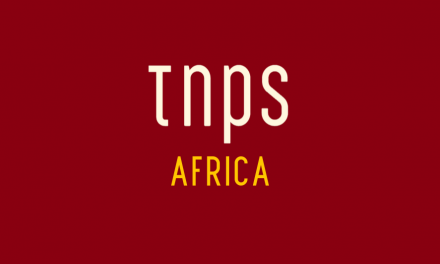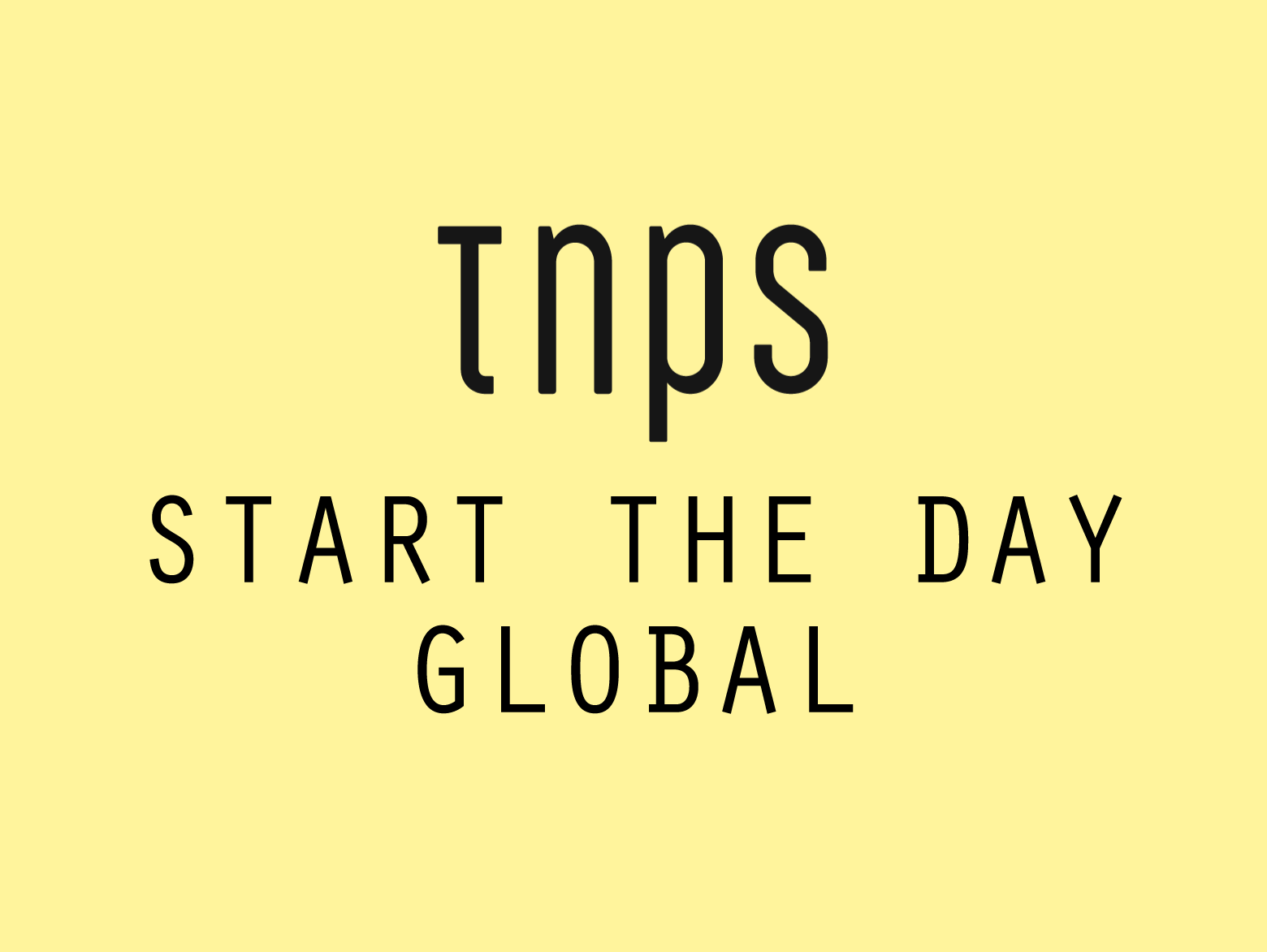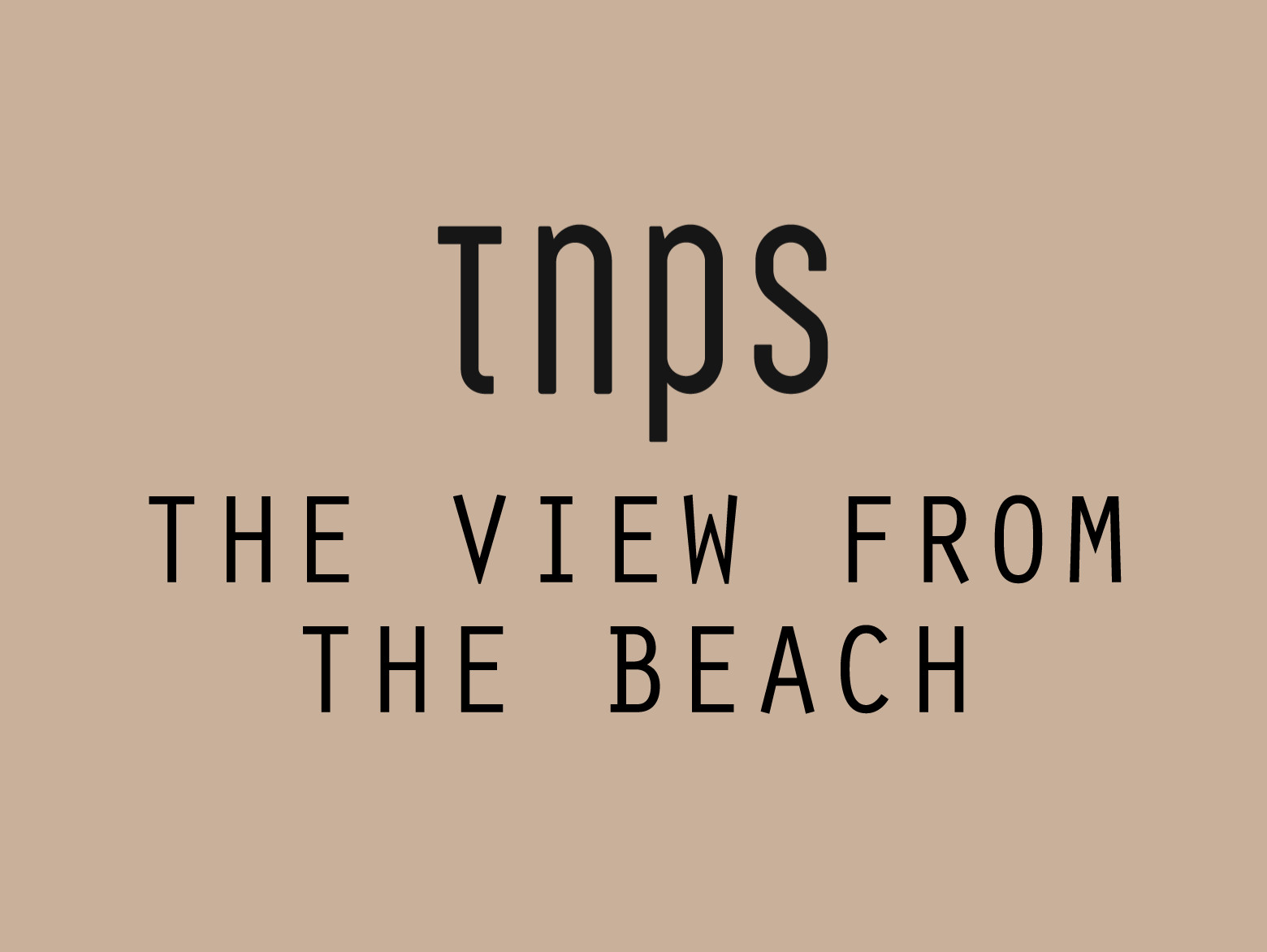KKR CEO Pete Stavros will be listening carefully to Richard Sarnoff, and looking closely at what worked for RBMedia and what is working for OverDrive.
The film Wall Street has a lot to answer for. But to those that say Gordon Gekko gave private equity a bad name, I would say simply that art imitated life. The history of hedge funds is not an entirely pretty one.
And by history I don’t just mean the 1980s asset-stripping bonanzas that fuelled the 1987 film. It was only in February of this year that The Guardian ran the headline “Is private equity tearing the soul out of Morrisons supermarket?“
Per the Guardian, “Sixteen months on from a feverish bidding battle that ended with the giant US private equity firm Clayton, Dubilier & Rice (CD&R) taking it over for £7bn, the 124-year-old chain has fallen into a hole that just keeps getting deeper.”
The Guardian continued: “The high levels of debt have rung warning bells for industry watchers, who have seen a series of retailers struggle under private equity ownership.
“Debenhams, which collapsed with the closure of more than 120 department stores in 2020, is seen as a prime example of a retailer hobbled by debts from its time under private equity ownership. It was owned by a trio of private equity funds, CVC, TPG and Merrill Lynch, before being sold to stock market investors.”
With reportage like that – and these examples are by no means uncommon – it’s no wonder the KKR deal is worrying a lot of people in the publishing industry.
But KKR may (I stress may) be among the more enlightened private equity firms when it comes to big investments.
As noted in my pre-purchase TNPS op-ed, written as it became clear KKR was likely to win the bidding for US publishing firm Simon & Schuster, KKR’s record with audiobook production company RBMedia is a far cry from the Gordon Gecko asset-stripping plot that drove the film.

From that post: “All of RBMedia’s 300 employees, as equity holders since KKR bought RBMedia five years ago, are lined up for pay-outs that will average $50,000 per person when the transfer to HIG capital is finalised. Employees with ten years standing will pocket $100,000 each. This of course in a deal worth $1 billion – 100% more than KKR originally paid for RBMedia – a reminder of how lucrative the audiobook sector has become.”
I have no idea what benefits the Simon & Schuster employees will be getting, and we certainly cannot rule out staff reductions and departmental closures if deemed necessary, but for the short-term at least there are reasons to be cheerful.
Here’s the thing: KKR does not buy into a company of this size on spec. It will have done its homework and have had a strategy in mind before it made its move.
Per Schroders‘ Ethan Vogelhut, talking in broad terms about how private equity works:
“Little is left to chance when private equity firms agree a takeover deal. Typically, they will have spent months analysing a business, working with industry experts and conducting detailed due diligence. And they tend to know exactly what they want to do once the deal completes.
“The first few months are crucial – it’s a key principle across private equity. We will typically go into a deal with a 100-day plan, setting out the early impact we hope to achieve.”
What we should be clear on is that KKR is not buying Simon & Schuster because it wants to be a player in the publishing industry per se. Five, perhaps ten years from now Simon & Schuster will be up for grabs again, and likely worth a lot more than today.
A reminder here that KKR bought RBmedia for $500 million. Over the next five years it spent a lot of money on related audiobook acquisitions and also sold off audiobook operations – not least Audiobooks.com to Storytel – for more profit. Now RBMedia has been sold (to another hedge fund) for a billion bucks, that money going towards buying out Simon & Schuster.
We might also look to Barnes & Noble and Waterstones, both owned by rival private equity outfit Elliott Advisers. It’s likely neither would exist today, let alone be thriving, without that private equity, so let’s not be too hasty to invoke the ghost of Gordon Gekko.
But per my previous op-ed on this topic: “As a one-off acquisition, the Simon & Schuster deal is not deeply worrying, but the broader trend towards hedge-fund ownership of publishing assets is. The bottom line is, these are not publishing people, and have no long-term commitment to the industry.”
That said, KKR does have a publishing person, in the form of Richard Sarnoff, who joined KKR in 2011, from then Random House (before the merger with Penguin).
Per Variety at the time:
“Longtime Random House exec Richard Sarnoff has been recruited by private equity firm Kohlberg Kravis Roberts as a senior adviser to help pursue, in part, new investments in media.
“As co-chairman of the U.S. operations of Random House parent Bertelsmann and president of digital media investments, Sarnoff most recently helped forge digital strategies at Random House and played a pivotal role in negotiating a settlement between the publishing industry and Google over the search engine’s books initiative.”
We can, then, safely assume Sarnoff played a key role in the KKR bid, and that his appreciation of what a digital focus could do for Simon & Schuster will have been pivotal in his vision for a KKR buy-out.
Also in the picture is Ted Oberwager, who the New York Times reminds us is “on the board of RBMedia, an audiobook company, and Skydance Media, which teamed up with Paramount Pictures on “Top Gun: Maverick,” a Tom Cruise action drama that generated more than $1 billion.”
RBMedia of course being the digital audiobook company referenced above, and another reminder of how digital is key to the KKR deal. KKR is also, since 2020, the owner of digital library outfit OverDrive, which last year clocked well over a half billion library downloads.

RBMedia. OverDrive. Anyone seeing a pattern emerging here?
While Elliott Advisers bought into the bricks & mortar books retail business, KKR has thus far tended to opt for digital prospects, guided by Sarnoff, and while Simon & Schuster presents a more format-varied purchase, the Sarnoff signature is all over this deal, and why, on the Simon & Schuster acquisition specifically, I am optimistic for the future of the company, and of the wider industry.
Other causes for hope are first, that Simon & Schuster is out of the limbo it had been placed in when Paramount first announced in 2020 that the publishing arm would be divested. In fact Simon & Schuster has performed well in the interim, and is a stronger company than when it went up for sale, and a stronger company than when the PRH bid to buy the company was hobbled by a judge.
Second, Simon & Schuster is being sold for $1.65 billion, over a half a billion less than what former PRH CEO Markus Dohle desperately tried to pay for it. That’s a half billion bucks that KKR didn’t have to spend, that might be invested in building out Simon & Schuster’s digital prospects over the coming years.
Paramount picked up a $200 million termination fee from PRH parent Bertelsmann, and of course Paramount has been pocketing the Simon & Schuster profits meantime, so is hardy down on the deal.
The winner so far at least, is the industry. The foiled PRH buy-out was a narrow escape, but Rupert Murdoch’s Newscorp was lurking nearby, ready to bring on the industry consolidation Markus Dohle so wanted.
It’s not known how much Rupert was offering, and it may well have been more than KKR put on the table, but a Newscorp bid would have came with more competition authority scrutiny, and no guarantee the deal would eventually be allowed. Paramount understood that, and we are all better off for the deal in the short term.
But KKR faces some challenges ahead, not least thanks to Gordon Gekko.
Simon & Schuster comes with a lot of physical publishing baggage – assets some of which that may yet prove less profitable than KKR would like. We only have to look at PRH to see how the world’s biggest trade publisher is laying off staff to cut costs amid a print-unfriendly climate where sales are struggling, prices rising, and the publishing supply chain is in chaos.
And this is where private equity’s reputation might come back to haunt KKR. Because while PRH and rivals can “eliminate positions”, shutter imprints and rein in expenditure as legitimate cost-cutting exercises amid challenging economic conditions, KKR will find any move in that direction will lead to cries of asset-stripping, callous disregard for people, and Gordon Gekko chants.
And that brings us back to digital – the beacon of light at the end of this particular tunnel.
KKR CEO Pete Stavros will be listening carefully to Richard Sarnoff, and looking closely at what worked for RBMedia and what is working for OverDrive.
Markus Dohle famously said he had made a bet on print, and spent the decade since making sure PRH favoured print over digital at every turn.

Right now Stavros is making a bet on digital, safe in the knowledge that, as Elliott Advisers have shown, there’s also still plenty of life in the print-based traditional model that is Simon & Schuster’s core.
In the Simon & Schuster acquisition, Stavros gets the best of both worlds: the existing “traditional publishing” expertise of Simon & Schuster’s existing management, and laser-focus on digital from Sarnoff at KKR, which we can safely bet includes exploring all AI’s possibilities to make Simon & Schuster as profitable as possible with a view to a sale down the road.





